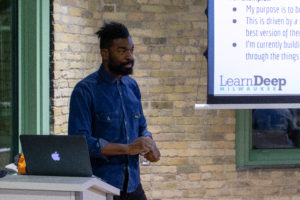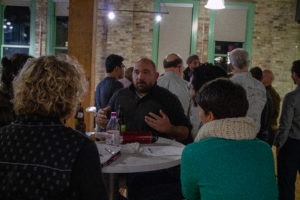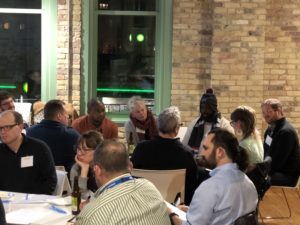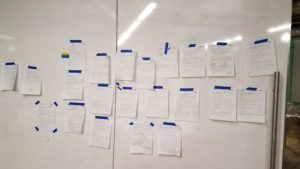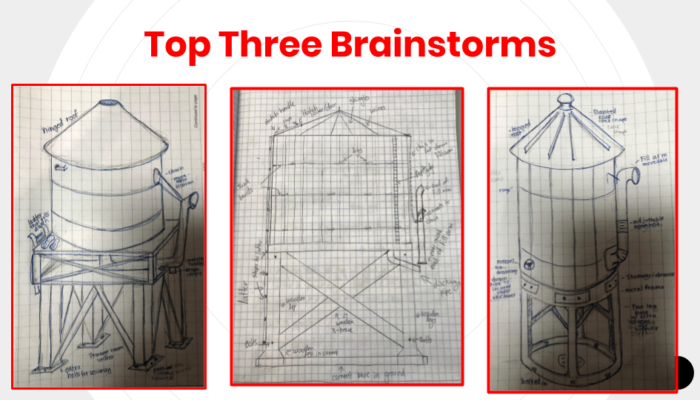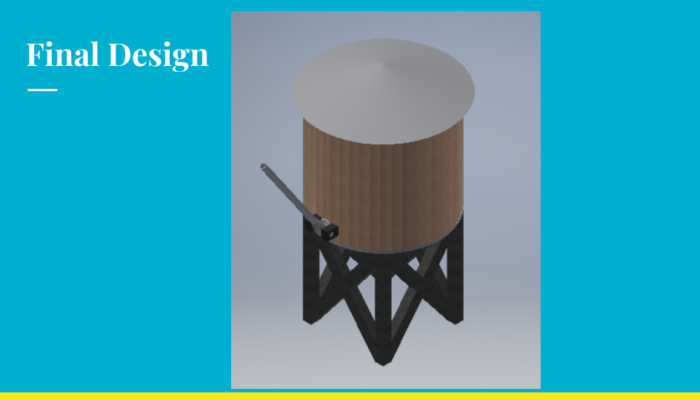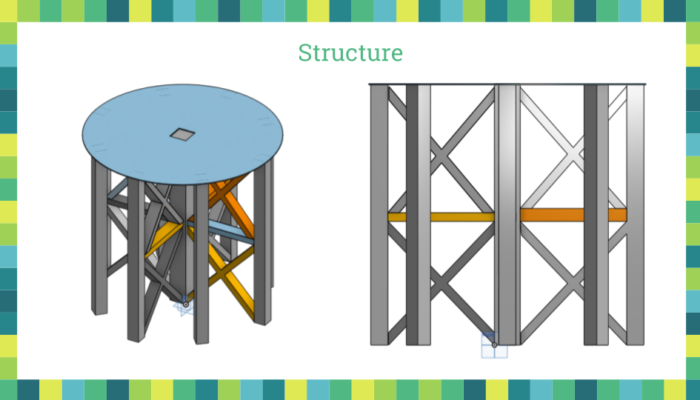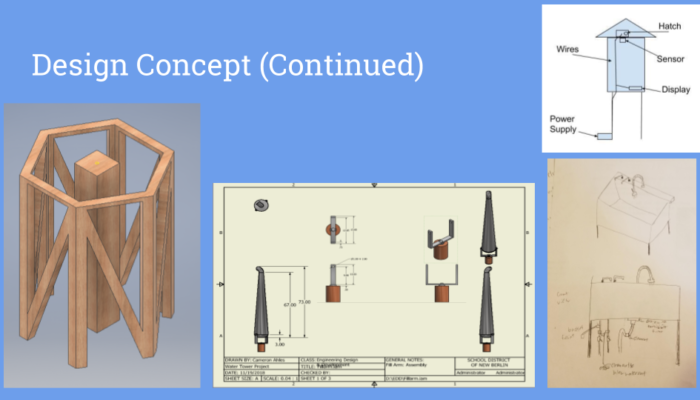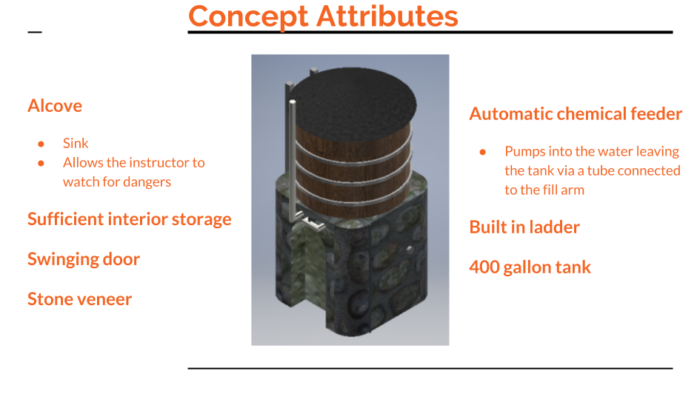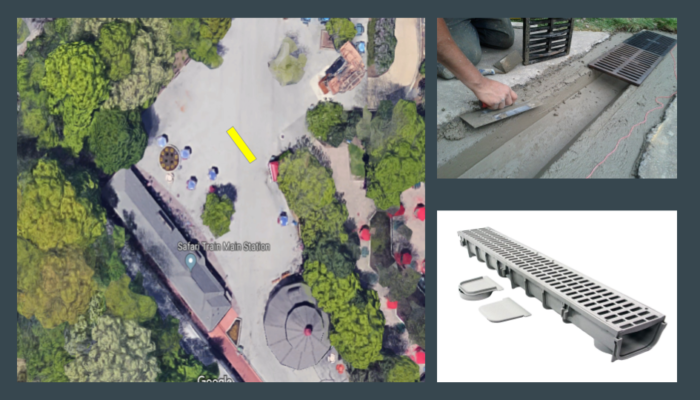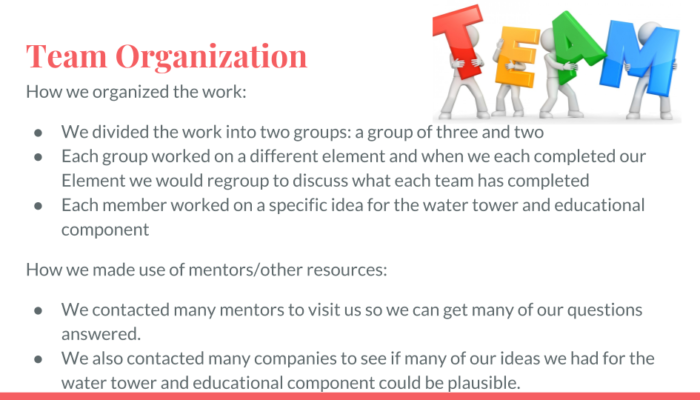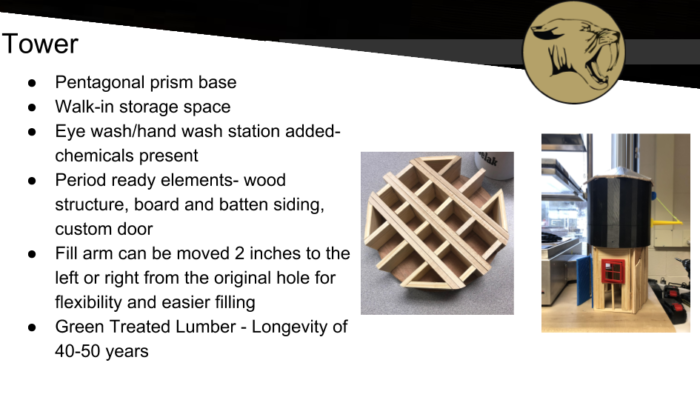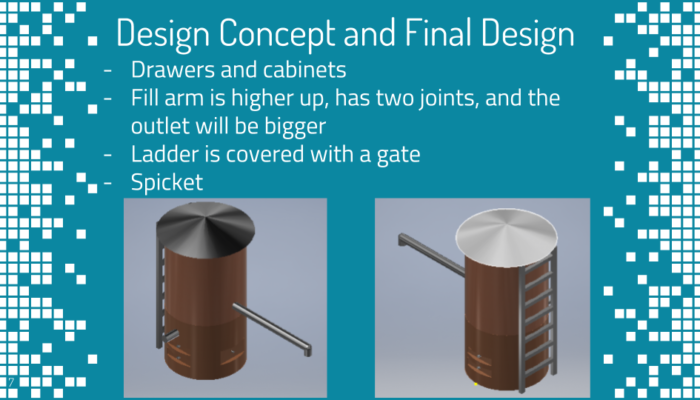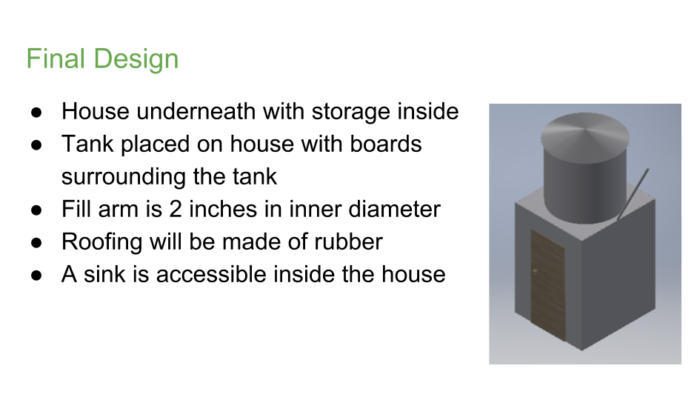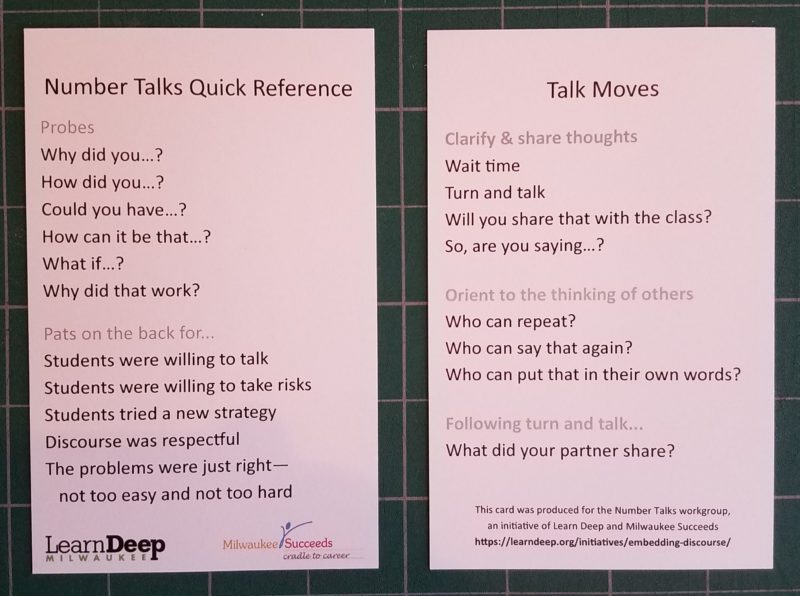It’s been almost three years since we started talking with folks about the change coming to education, the implications should Milwaukee lag behind, and what might be done to help move things along. We put together a brief manifesto that called for for connecting area educators who are doing interesting work to learn from each other, applying ideas from lean entrepenuriship and agile development to help educators seed the pace at which they are able to develop and implement innovative practices, and raising the visibility of that work.
Those early conversations led to a short series of workshops we ran in August of 2016. We took what we learned there to kick off our Collab Lab series in earnest that October, with a session focused on maker spaces and Fab Labs. Our friends at The Commons were kind enough to loan us use of space in Ward 4 for our initial pilots and the 21 Collab Labs that have followed as we reach the midpoint of our 3rd season.
Our roster of attendees now includes more than 400 individuals from public, private, and charter schools, universities, non-profits and area companies. The focus for a growing number of sessions have been topics which partners including Milwaukee Succeeds, M7, Marquette, UWM and other area organizations have asked us to cover. In January we’ll host our 24th Collab Lab in collaboration with faculty from UWM who have NSF funding to help teachers develop curriculum that leverages spatial data. The aim of this session is to identify projects on which schools might collaborate and help educators connect with expertise within the community well in advance of the UWM training so they can come well prepared to take full advantage of it.
Our hope when we started was to use the sessions to identify ideas that collaborative efforts could help move things forward. This has proved to be the case and we’ve run a number of experiments in different areas. Most notable of these have been around how we might develop an upcycling network to get excess material from industry available for use in school maker spaces. Our goal is to set this up as a network of student run business that can help build connections not just between schools, but between schools and the firms that surround them. Our efforts there include work with a number of schools and partners, among them MSOE, MIAD, The Commons, Goodwill, Discovery World, Betty Brinn, SHARP Literacy, and COA Youth & Family Centers.
Other experiments over the past couple of years have led to two major initiatives– an effort with Milwaukee Succeeds to address the dismal math performance in Milwaukee schools, and a set of engineering challenges for the Milwaukee County Zoo. Our math initiative is illustrative of our bottom up approach to driving change. We’ve been working with teachers and staff from MPS, private, and charter schools, with help from UWM faculty to understand what teachers need to make meaningful discourse a regular part of their math lessons– a practice that not only helps students build understanding of math concepts, but helps create a positive classroom environment and gives teachers a chance to experience more of the “Aha!” moments that energize them.
We have pilots running now with Brown Street Academy and LaCausa, where math coaches at each school are working with teachers who have chosen to make Number Talks a regular part of their routine. We launched those efforts this fall after spending much of last year working to understand what would need to be in place for teachers to feel comfortable with the practice. That support includes a community of like minded practitioners willing to help each other out, so we pull a group together every six weeks at Milwaukee Succeeds to do just that. That group includes teachers from other schools who are working with Number Talks now, or want to embed the practice in their school next year. Our January meeting with that group will be a planning session to lay out what needs to happen between now and September for schools that want to start in on the effort or expand the number of teachers involved.
Our Zoo Train initiative came together in collaboration with the Coalition for Sustainable Rail, which has been working with the Milwaukee County Zoo to test a bio-fuel on the Zoo’s steam locomotives. They would like to test the fuel on a Zoo scale locomotive of modern design. We’d like Milwaukee area students to design and build it.
This year we have 65 students from six area high schools working to design a replacement for the wooden water tower that services the Zoo’s steam locomotives. We’ve paired the teams with near-peer mentors who are engineering majors at area universities, and given the schools a pool of industry experts to tap for help. Over the course of this effort we are also creating opportunities for students to get on-site experiences that can inform their designs. This has included a design thinking workshop hosted by Briggs & Stratton, and a structural design workshop at MSOE.
On December 10th, MSOE hosted the Conceptual Design Review for the water tower challenge. Teams presented their design concepts to panels comprised of Zoo train staff, civil engineers and railroad historians. UWM will play host for the detailed design review in May. The design approach selected there will be the focus of a summer workshop for high school students at MATC where they will produce detailed engineering drawings. We’ll distribute the fabrication work across area schools next fall.
Our goal in all of this it to develop a process where schools can collaborate with university and industry partners, as well as each other, to take on complex work that has value to the community. Having a well defined project with a lofty goal has made it very easy for both schools and partners to say yes. This summer we’ll work with teachers to put together the next challenge– an automated coal handling system for the train. That will follow a parallel sequence with the design phase starting next fall. After that, it’s a caboose, perhaps a passenger car, and then we start in on a new steam locomotive.
Throughout all of this, we have been consistently amazed by the ease with which we can find educators doing great things, willing to share what they know, and try something new. We have also found no shortage of people from area organizations who want to help– they simply need to know where and how. This is a really interesting time. Education is shifting and those who see the change coming are excited by the opportunity to work together to help speed it along. We are grateful both for the opportunity to be a part of this and for all of the support, feedback, and ideas an amazing group of people have provided us.
— Pete & Joost

